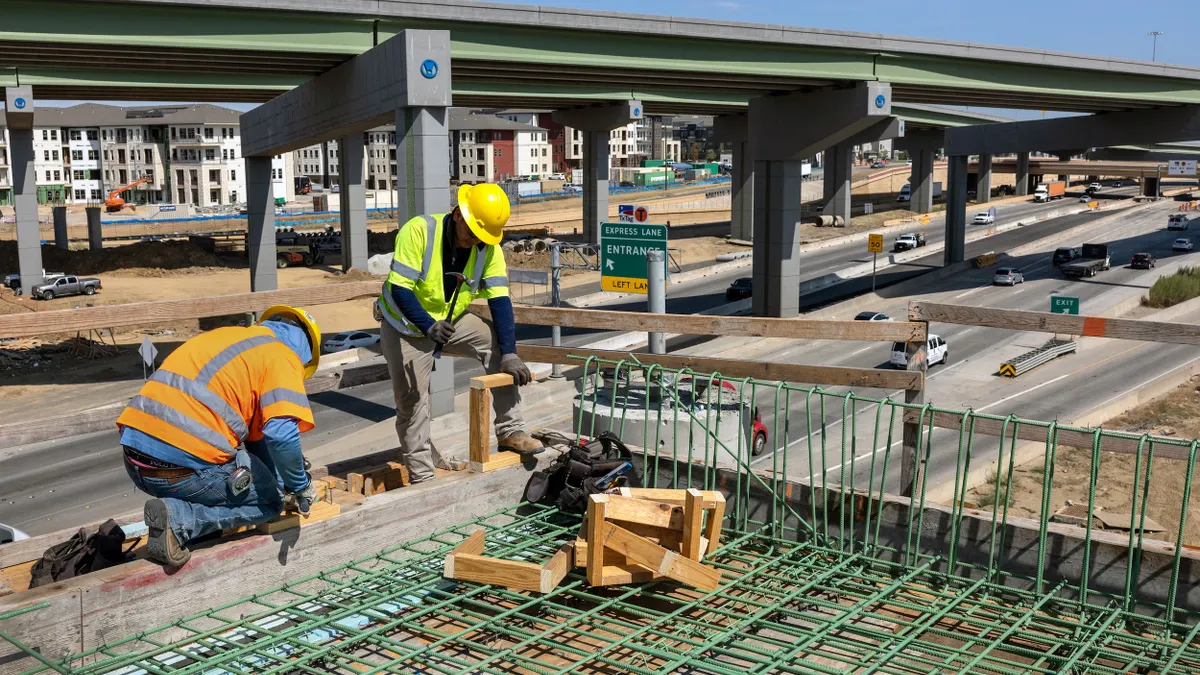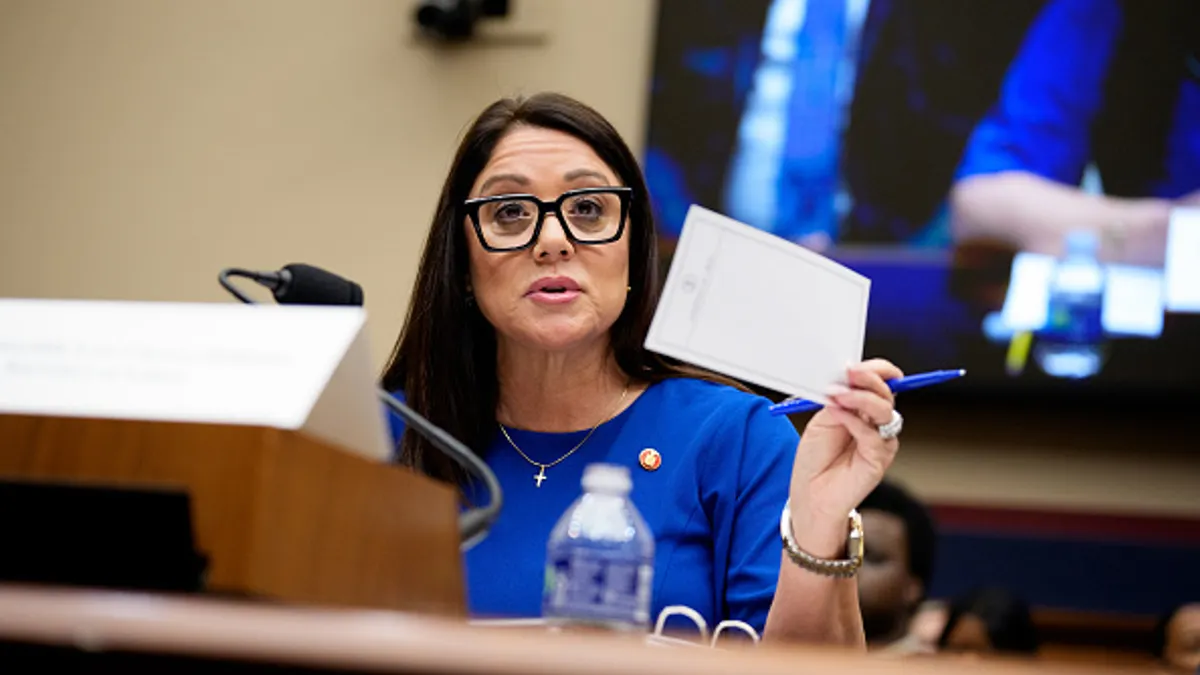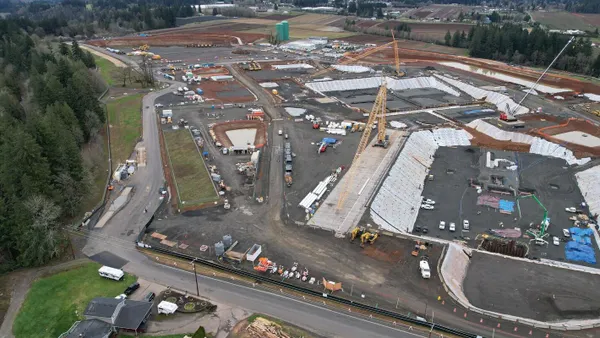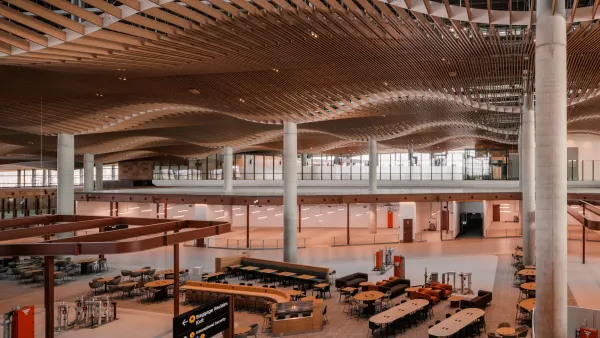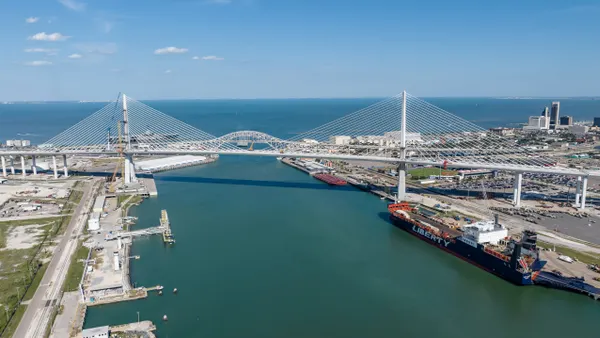Dive Brief:
- Minneapolis-area contractors and designers are claiming that a Metropolitan Council decision to ban 36 companies from bidding on the $1.9 billion Southwest LRT is unfair and will drive prices for the project higher, according to Engineering News-Record.
- The agency says it is trying to "level the playing field" by preventing contractors, designers or consultants who had any involvement in the preliminary design or engineering stages from participating in the bidding process, even in a minor position on another contractor's team. The firms were banned from bidding on the project earlier this year and from submitting second-round bids after the Council deemed the original proposals too high.
- Local chapters of the Associated General Contractors and the American Council of Engineering Companies have argued that many companies on the Council's list do not present a conflict of interest and that limiting the available pool of bidders will raise prices.
Dive Insight:
The Council expects to award the contract in the first quarter of 2018, with construction set to begin in spring 2018. The delay also means that the Council will not make its application to the Federal Transit Administration until the second quarter of 2018.
Some Minnesota state GOP members would rather seemoney from the FTA go toward state road and bridge projects instead. After state lawmakers denied funding for the project, the Metropolitan Council managed to wrangle the financial backing itself, irking Republicans so much that some of them penned a letter to the FTA requesting the agency give any Southwest LRT grant proceeds to the state instead. The FTA responded that shifting funds in that manner would not be possible.
Despite that dust-up, Minneapolis, according to Realtor.com, has the nation's best infrastructure, due to its light-rail system, a determination that some might consider ironic given its recent difficulty in securing state funding for the Southwest LRT. The website also took factors like road and bridge conditions, airport customer satisfaction, the level of bike-friendliness and per capita spending on infrastructure into consideration. The city's high scores put it in front of other transit-friendly metros like Seattle, San Francisco and Salt Lake City.
On the other end of the spectrum were Harrisburg, PA; Jackson, MS; Trenton, NJ; and Providence, RI, which Realtor.com found to rank the lowest as far as infrastructure goes.



